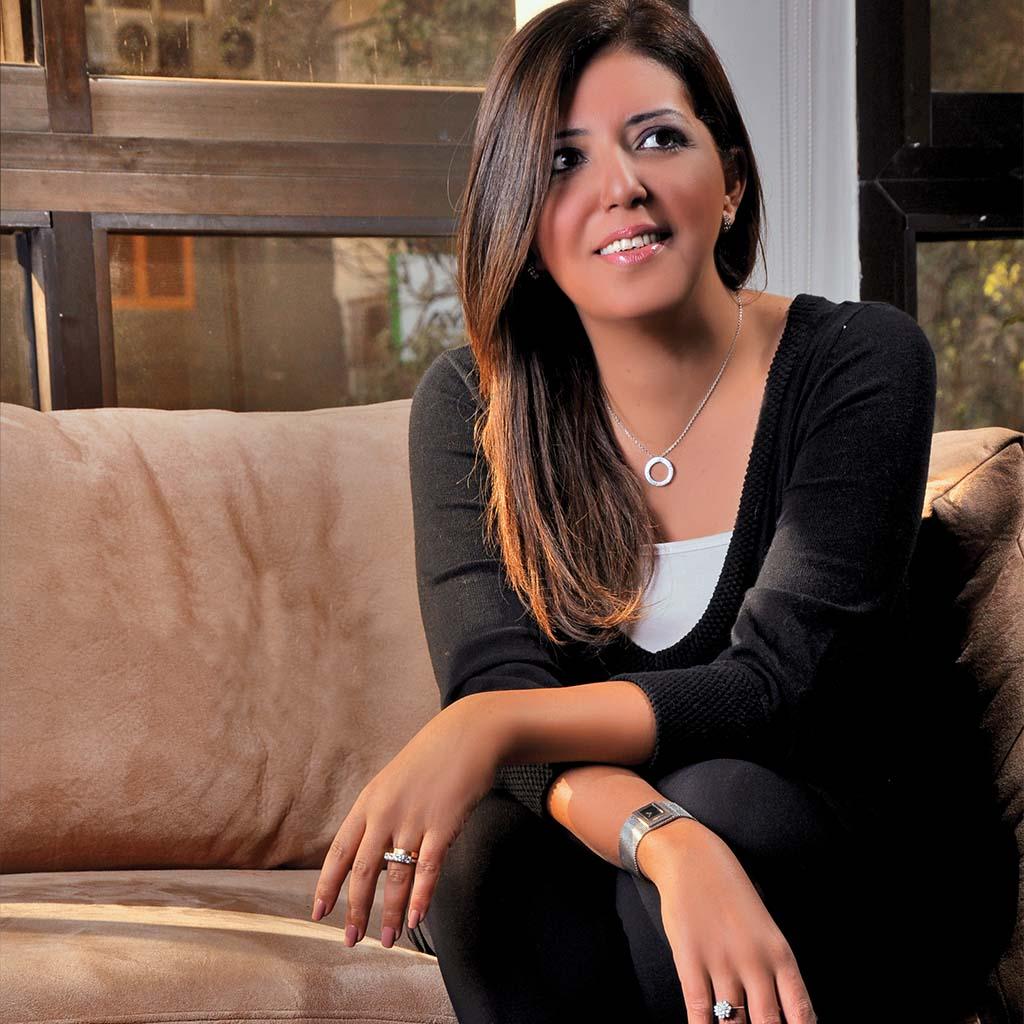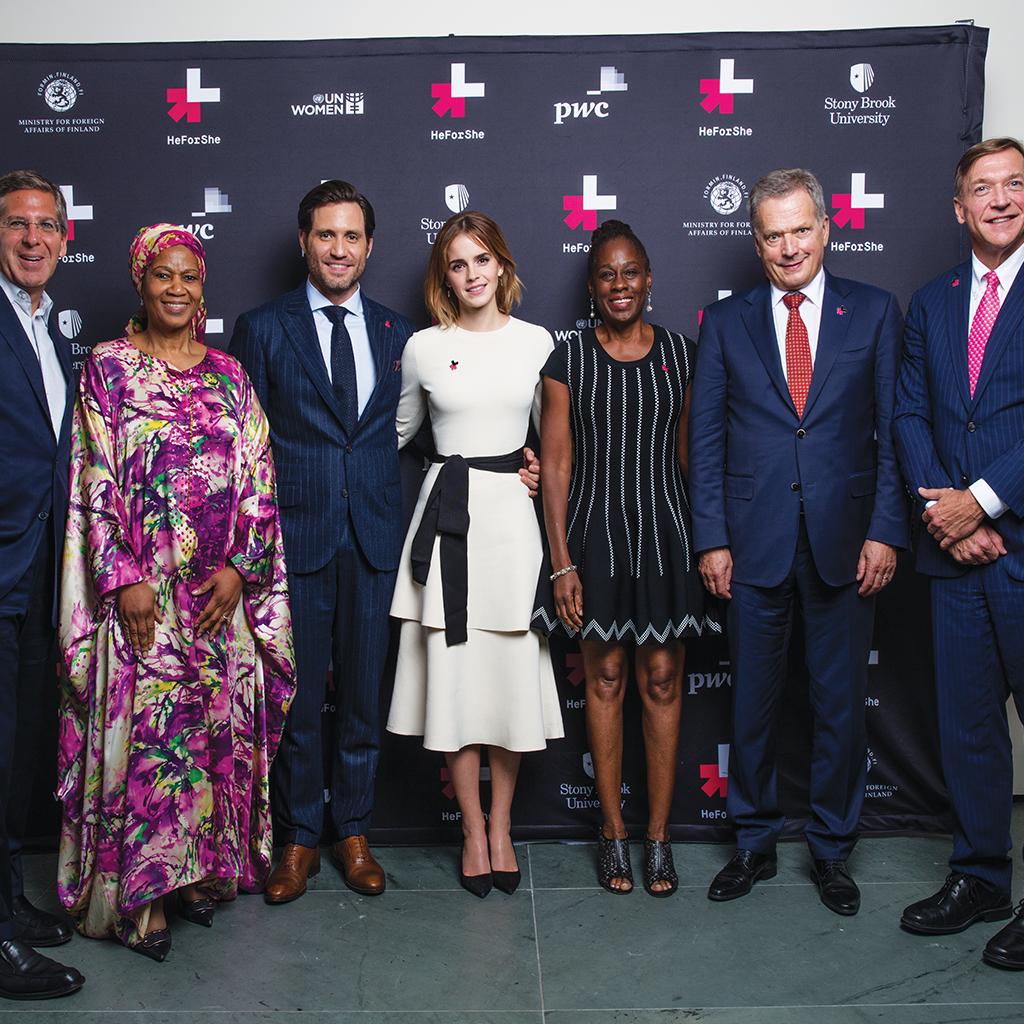Date: 2018-10-10
Egyptian and Arab Women continue to impress the world with their superpower potential, will, and determination.
The continued, significant accomplishments of Arab and Egyptian women have brought them forward to be recognized in all the same fields as their male counterparts.
Despite being a men's magazine, HEhas always supported women, both in Egypt and around the world, by dedicating our pages to the extraordinary efforts and successes of women and making these accomplishments known to our readers.
The renowned Forbes Magazinehas also supported women in its coverage. Just as they have compiled rankings for men, they also now have lists for women in recognition of their notable contributions to different sectors.
Middle East Forbesmagazine has been active in spotting the region's most powerful and influential women every year, highlighting their professional work and gaining the attention of the public who might not have been aware of their existence or achievements.
As 2018 is coming to a close, Middle East Forbeshas announced the lists of the Most Influential Arab Businesswomen 2018 and the Top 10 Women Heading Government Departments.
Egyptian women were honored by appearing in both lists. Eighteen Egyptian women made an impressive appearance among the 100 most influential women and two were included among the top 10 women heading government departments.
After thorough research, Forbesfound that women across the region are earning top positions as they take on the lead in business and across public sector organizations. Female university graduates outnumber male graduates in the region, bucking a global trend.
Arab women in the region have shown great progress working in traditionally male-dominated fields, breaking taboos and ceilings as they take on the lead in companies related to construction, oil, technology, and more.
The latest list of The Middle East’s Most Influential Women honors those high achievers. The list features 100 female executives and businesswomen and 10 women heading government departments in the region.
Unlike Western countries where the banking industry is male-dominated, the Middle East has seen women making a mark, with 29 of the 100 influential women working in the banking and financial services industry. Furthermore, women have major roles to play as regulators of the economy. The stock exchanges in both Saudi Arabia and Morocco are headed by women, while the Road Transport Authority in the UAE and the Central Bank of Egypt are also led by women.
Women across the region are also playing a growing role in the governance of their countries. The region had over 50 female ministers and some of the countries have the most gender diverse cabinets.
In this year's list, Forbespaid tribute to 16 expat women in the Middle East who have contributed greatly to regional economy.
In selecting the 100 most influential businesswomen, the following criteria were considered: revenues of the companies that they lead; title, scope, and impact of the role that they perform; amount of experience that they possess; and growth of their firm and other initiatives that they have led in the last three years. Running through this list, women were found to stand out in the following sectors: banking and financial services, telecommunications, law, construction, petrochemicals, technology, information technology, education, retail, investments, consumer products, food and beverages, media, logistics and transportation services, health care, consulting, insurance, and real estate.
Eighteen Egyptian women showed up on the Most Influential Arab Businesswomen list, which was led by Saudi Arabia's Lubna Al Olayan, CEO of Olayan Financing. She was followed by 13 Lebanese women, 10 Emirati, nine Jordanian, eight Kuwaiti, seven Omani, six Saudi Arabian, four Bahraini, Moroccan, two Palestinian, one Tunisian, and one Syrian woman.
The Egyptian businesswomen came mostly from the banking and financial sectors, telecommunications, law, investment, technology, healthcare, logistics, and information technology.
The representatives from Egypt honored on the list included the following:
No 16 Elham Mahfouz, CEO of the Commercial Bank of Kuwait
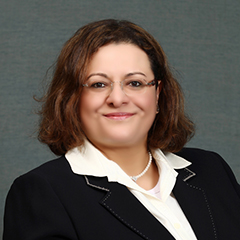
No 18 Mona Zulficar, founding partner of Zulficar & Partners; EFG Hermes
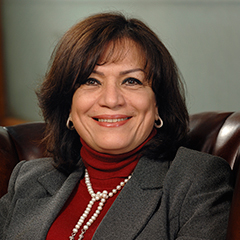
No 20 Dalia Elbaz, Head of Risk, Banking Operations, Information Technology, Deputy Chair at the National Bank of Egypt
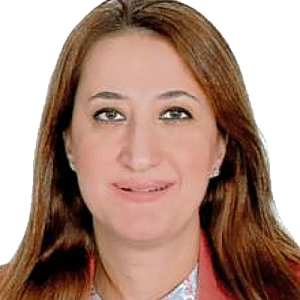
No 23 Sahar El Damaty, managing director of Union Capital
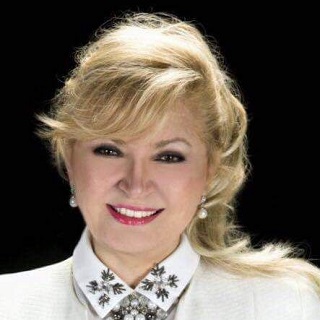
No 30 Neveen El Meseery, CEO of the Ahli United Bank of Egypt

No 31 Mervat Zohdy Soltan, CEO of Export Development Bank of Egypt
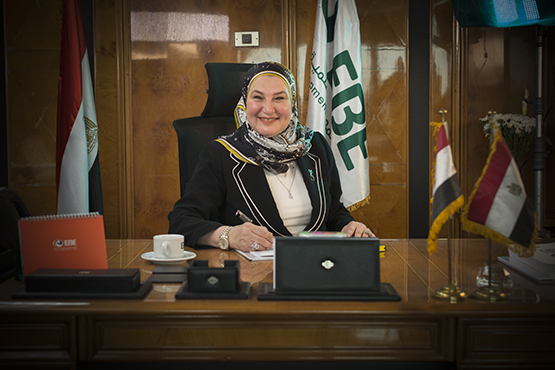
No 43 Sahar Farahat, Senior Executive Vice President of Egyptian Kuwait Holding
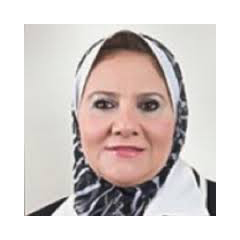
No 45 Rasha Al Azhary, CFO of Vodafone Egypt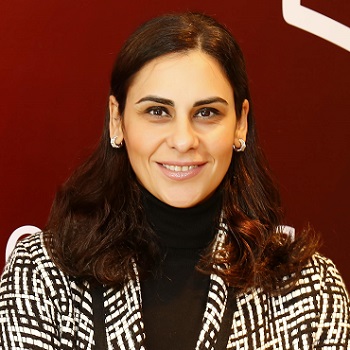
No 46 Hania Sadek, COO and Executive Director of HSBC Egypt
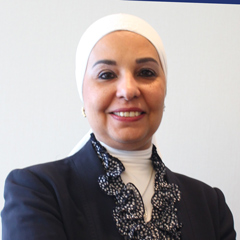
No 47 Marwa Al Ayouti, Orange Egypt

No 54 Hend El Sherbini, group CEO of Integrated Diagnostics Holding
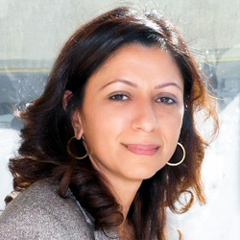
No 64 Reem Asaad, CEO of Raya Contact Center
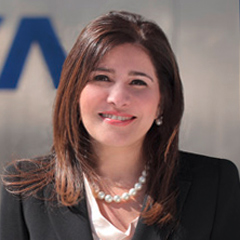
No 66 Hala Sakr, Managing Director of Attijariwafa Bank Egypt
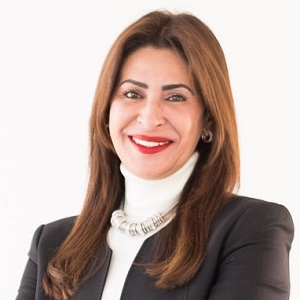
No 78 Hoda Mansour, Managing Director of SAP Egypt
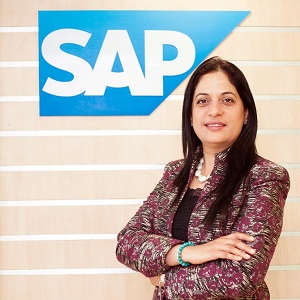
No 85 Noha El Ghazaly, Managing Director and Head of Investment Banking of Pharos Holding
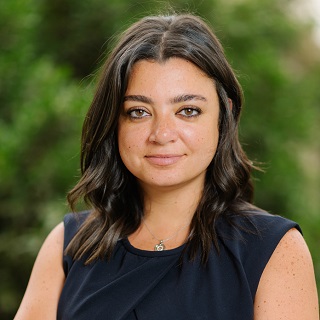
No 86 Shahira Zeid, CEO Vice Chair of MZ Investments, Maridive Group
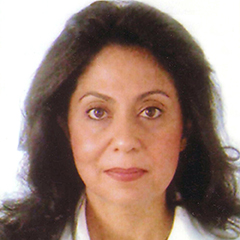
No 89 Rana Adawi, managing director of Acumen Asset Management
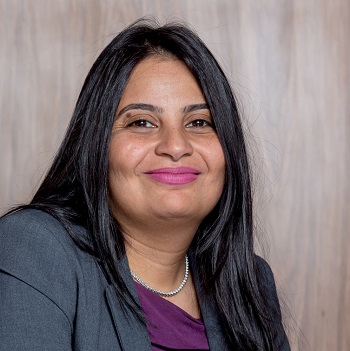
No 96 Soha El Turky, CFO of Banque du Caire

The top 10 women heading government departments were ranked on the basis of the GDP of their countries and the scope of their departments. This list was toppedby the UAE's Noura bint Mohamed Al Kaabi, minister and chair of the Ministry of Culture and Knowledge Development; Media Zone Authority, Abu Dhabi. The Emirates should also be proud of their women as six appeared on the list in addition to two women from Egypt, one from Saudi Arabia, and one from Morocco.
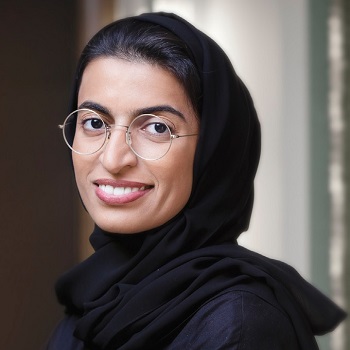
Egypt's Lobna Helal, deputy governor of Central Bank Egypt, was ranked in the third position while Nevine Gamea, CEO of the Micro, Small & Medium Enterprise Development Agency, appeared in the eighth position.
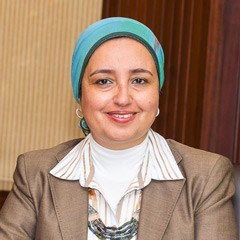
Helal made history when she became the first Egyptian woman ever appointed as deputy governor of the Central Bank of Egypt in 2011. Though she resigned two years later, she was re-appointed in 2015 and has maintained her position since then, successfully contributing to the Egyptian banking and financial services sector.
